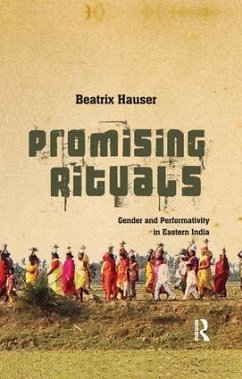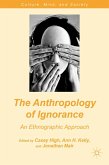This book shows how the performance of rituals influences the understanding that Hindu women form of their own selves, their sense of femininity, identity as well as their role and position in the lived-in world, and vice versa. Drawn from an intensive ethnographic fieldwork in southern Orissa, each section of the book takes a close look at a specific ritual practice, in exploring concepts such as purity/pollution, religious observances (such as fasting), deity possession, associated beliefs and attitudes, as also celebrated traditions such as Th¿kur¿n¿ Y¿tr¿, local processions, and the role of female ritual specialists. The study uses the premise that religious practices in themselves are neither restricting nor liberating; rather rituals provide a perceptual context with the ability to affect the self-understanding of participants, as also their conception of agency, in a way that spills across non-ritual spheres. Conceptualizing gender identity as resulting from seen, but mostly unnoticed, everyday activities and approaching cultural performances as sites of collectively defining the self, the author offers a telling and vivid account of how women perceive, realize and reflect on religious ideas, while engaging in rituals and, by doing so, negotiate complex gender norms. The book also examines the assumptions of recent theories on the social construction of identities, often-debated impact of religion on women, performativity, self-identity, and ritual agency in considering 'doing' gender in a traditional, non-Western context. This book will serve as essential reading for scholars of sociology, anthropology, gender studies, cultural studies, history, religion, performance, and folklore studies.
Hinweis: Dieser Artikel kann nur an eine deutsche Lieferadresse ausgeliefert werden.
Hinweis: Dieser Artikel kann nur an eine deutsche Lieferadresse ausgeliefert werden.








